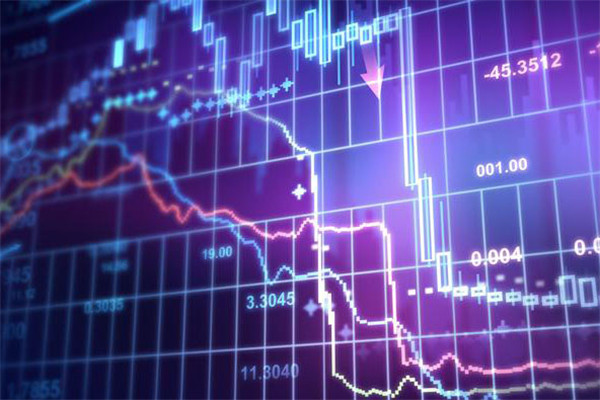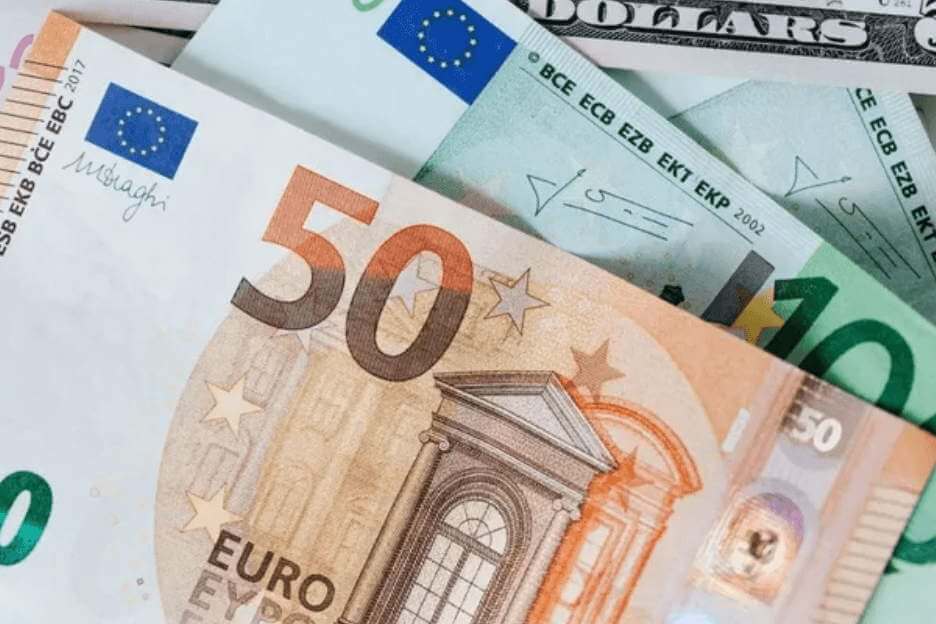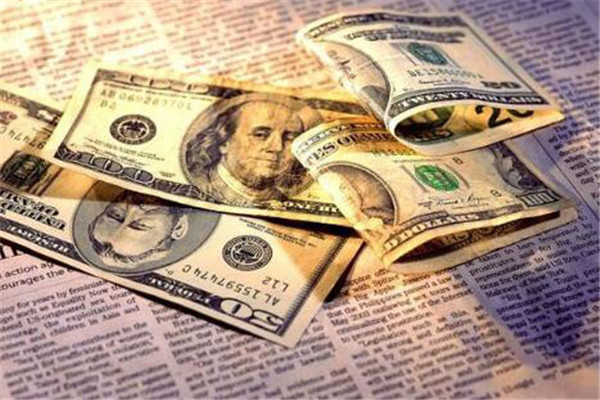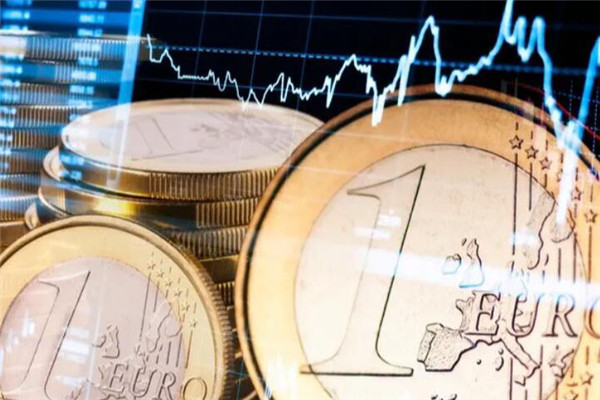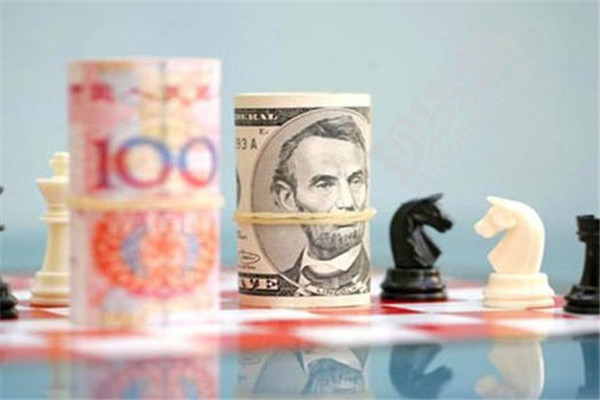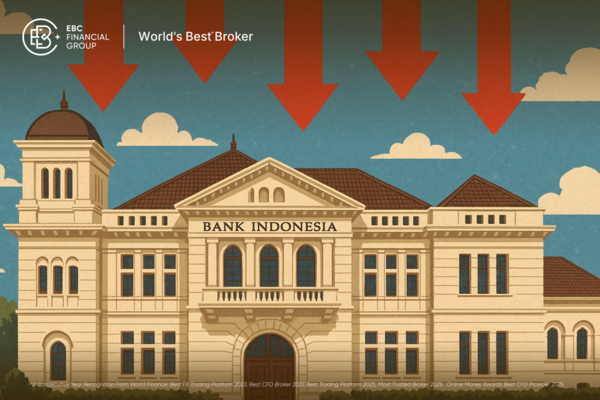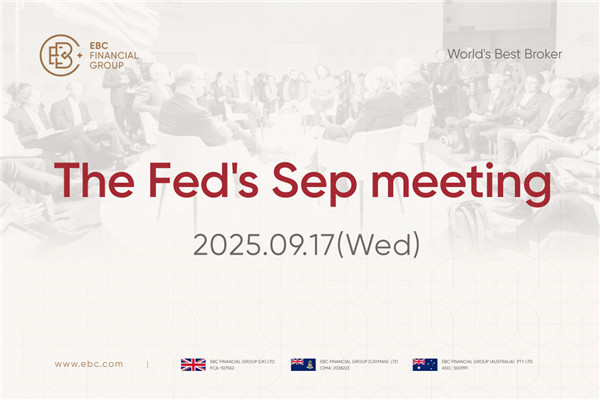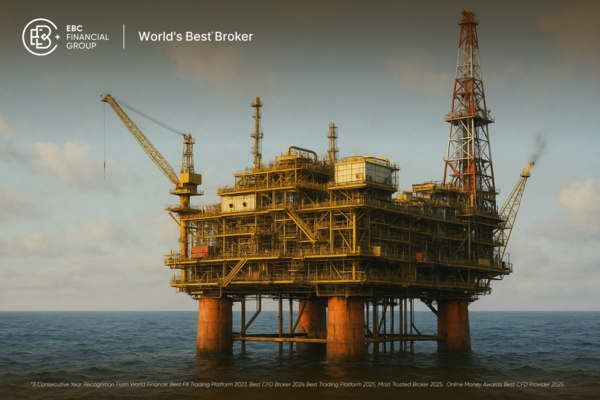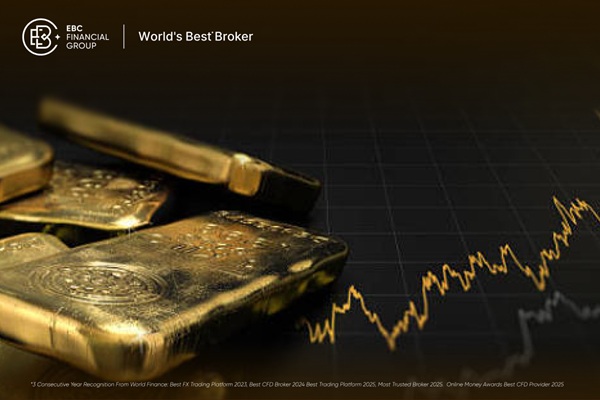In the financial jungle, commodity prices are also divided into different schools of thought. Some are as stable as a bell for 10.000 years, and some are stable with a law. But there is another school of thought that fluctuates, which gives traders a headache. But don't worry; forward contracts can easily deal with him. Forward trading is undoubtedly a milestone in mankind's quest for a more perfect way of trading.

Forward contracts, also known as forward transactions, are trading methods in which buyers and sellers agree to buy and sell a certain amount of goods at an agreed price at a certain time in the future.
As early as the ancient Greek era, the prototype of forward trading had already appeared. Some resourceful merchants would pre-purchase agricultural products from farmers before they were harvested and then deliver them after the harvest. By the 13th century, there was also the practice of signing forward trading contracts based on the quality of samples, variety specifications, and so on.
Through forward trading, traders can lock in the future price of commodities in advance. Reduce the risk brought about by changes in commodity prices with a certain function of value preservation. Between the agreed price and the maturity date of the market price, there is usually a spread. Utilizing this, traders can also engage in speculative trading.
Characteristics of Forward Contracts
As an ancient financial instrument, a forward transaction differs from a spot transaction in that a spot transaction occurs immediately. Forward transactions have a regular delivery date, which sets a specific date in the future (the delivery date) on which the buyer and seller must fulfill the contract.
At the same time, when the contract is signed, the buyer and the seller agree on the price on the delivery date, and the contract price is fixed after the contract is signed and is not affected by market fluctuations. In addition, the contract also specifies the amount or specification of assets to be delivered or delivered on the delivery date, including currencies, commodities, stocks, etc. Both parties must make delivery in accordance with the quantity stipulated in the contract without modification.
Forward trading is usually customized; it is not a standardized contract. The buyer and seller can negotiate the specific terms of the contract according to their needs, including the delivery date, contract price, delivery quantity, and quality standards. Therefore, forward trading is very flexible and applicable to a variety of different needs.
Forward trading is an over-the-counter contract. They are generally negotiated privately, without the involvement of an exchange intermediary. This means that the specific terms of the contract are negotiated directly between the buyer and the seller, but there is also credit risk, as the fulfillment of the contract depends on both parties to the contract.
It can also be used to hedge risk, lock in a price, or engage in speculative trading. Hedgers use forwards to reduce the risk of price fluctuations, while speculators try to make a profit from price fluctuations.
It is not without risk, however, and because there is no exchange protection mechanism, it carries a credit risk that one party to the contract may not be able to fulfill its contractual obligations. To mitigate this risk, sometimes both parties will require guarantees or collateral.
As it is subject to such risks, and no matter how the market changes, physical delivery must be made at its maturity, the risks cannot be effectively diversified and transferred. So in order to make up for all the defects of forward trading, people invented futures trading on its basis, which is more adaptable to modern trading needs.
The difference between forward contracts and futures contracts
| Features |
Forward Contracts |
Futures contract |
| Exchange |
Not traded on exchanges, privately traded. |
Exchange open market trading. |
| Standardized |
Negotiation of customized non-standardized contracts |
Exchanges create standardized contracts |
| Duration |
Flexible contract dates on demand. |
Short-term contracts with specific agreed dates |
| Leverage |
Low margins and significant leverage |
Higher payments and low leverage |
| investment dealing |
Used to hedge risk. |
Can be used for hedging and also for speculation |
| close an account |
Contract day settlement delivery of actual items or cash |
Differences in daily settlement payments |
What is the value of a forward contract?
Its value is determined according to the specific terms of the contract, market conditions, and the difference between the contract price and the market price. Here is a formula to calculate its contract value:
Forward contract value = (contract price minus market price) x delivery quantity
The contract price is the price negotiated at the time of signing, which is the price of the asset for delivery at a specific date in the future, and this price is determined at the time of signing the contract and will not change. The market price is the real-time price of the asset, which is constantly changing depending on market supply and demand and other factors. The delivery quantity is the number of assets to be delivered as specified in the contract.
The value of the contract may be positive or negative, depending on the contract price relative to the market price. If the contract price is higher than the market price, the contract has a positive value; if the contract price is lower than the market price, the contract has a negative value.
Its value changes over time after the contract is signed because the market price keEPS fluctuating while the contract price stays the same.
Investors need to assess the value of the contract based on market price changes to decide whether to maintain a position, close the position, or adjust the contract. When its value reaches zero or tends to zero, this means that the market price is close to or equal to the contract price and the contract no longer has a significant value, which can be realized by fulfilling the contract to deliver the asset or closing the contract.
Forward Rate Agreement
A forward rate agreement (FRA) is a type of forward transaction that is used to lock in future interest rates. It is done by entering into a contract that allows two counterparties to exchange funds at a pre-agreed interest rate at a specific date in the future. It is generally used to hedge interest rate risk or for speculative trading. For example, if a company is concerned about rising interest rates in the future, it may use a forward rate agreement to lock in a low interest rate in the future, thereby reducing borrowing costs. Alternatively, investors may use them to make investments to minimize spreads or to hedge interest rate risk on other investments.
Forward Rate Agreement
| Key Constituent |
Descriptive |
| Trade Date |
The date on which a contract is signed is referred to as the trade date. |
| Notional Amount |
The amount of principal specified in the contract is expressed in a specific currency unit. |
| Term |
The term specified in the contract is the time span from the trade date to the maturity date. |
| Agreed Upon Rate |
The interest rate agreed upon in the contract is a specific fixed rate. |
| Valuation Date |
The calculation of interest payments is made on a date after the end of the contract term. |
| Forward Rate |
The difference between the actual transaction interest rate and the agreed interest rate |
Disclaimer: This material is for general information purposes only and is not intended as (and should not be considered to be) financial, investment or other advice on which reliance should be placed. No opinion given in the material constitutes a recommendation by EBC or the author that any particular investment, security, transaction or investment strategy is suitable for any specific person.






